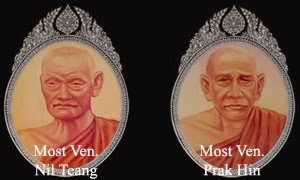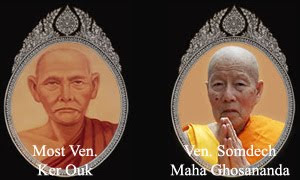Human beings have achieved great material progress due to the development of science and technology. When our material comfort level increased, there arose the desire to be free from conflict, ill-feeling, selfishness, deceit and strife. The five precepts are called ‘Panca-sila’ in Pali language. These precepts are the stepping stone to the ultimate aim of ‘Nibbana’. The five precepts are as follows:
1. Abstention from taking of life: According to the five precepts, Buddhists should not kill any living beings. Living beings here include everything that has life. The Buddhists should view positively their relationship with all living beings so that harming any living being is equal to harming themselves.
2. Abstention from taking what is not given: The second precept tells us not to take another person’s property that is not given. So, one should not steal or take anything by force. If somebody takes anything by mistake, it should be given back to the owner.
3. Abstention from sexual misconduct: This precept is about keeping oneself away from sensual desires. Sexual misconduct does not mean complete prohibition of sexual intercourse, but it should be restricted to one’s own partner.
4. Abstention from false speech: The fourth precept is concerned with abstention from lying. This covers the act of telling an untrue story or a physical act which aims at deceiving others, the use of exaggerated language, and everything that is far from a true statement.
5. Abstention from intoxicating drinks: This is about abstention from anything that causes intoxication which leads to a general loss of mental or physical balance. Prohibition of intoxicating drinks as well as drugs is laid down for all Buddhists; lay people as well as monks.






0 comments:
Post a Comment